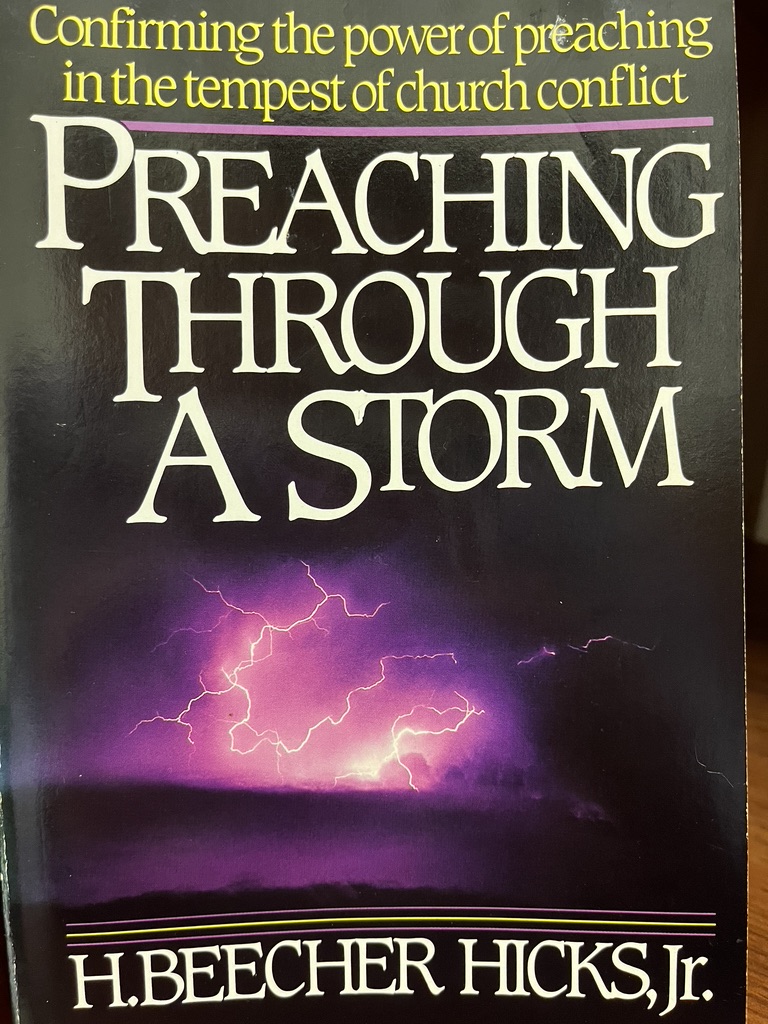
Preaching through the Storm is a book by H. Beecher Hicks Jnr which I stumbled across a few decades ago. It’s based around a series of sermons through times of crisis and there were some parts that were so refreshing when I first read it. Hicks served as Senior Minister at Metropolitan Baptist church Washington for almost 40 years before retiring in 2014.
There is a chapter titled ‘The identity of evil’ which really caught my attention. Here are a couple of short quotes in which Hicks expands upon the theme of ‘wolves in sheep’s clothing’:
“Evil does exist in the church – in my church, in your church, and in every church. The presence of evil can be seen, heard, felt, and experienced. The problem is that evil always poses as something it is not.” (p 87).
And…“you will find in persons of evil nature a preoccupation with failure. What makes their failure so demonic is that they do it under the guise of intense religiosity. My experience teaches that one is never confronted by an evil opponent who has not convinced him or herself – along with other allies – of the moral and spiritual purity of their intent.” (p 88).
Hicks quotes Scott Peck’s book ‘People of the Lie’ as he discusses these issues.
In his epilogue, Beecher Hicks discusses his sermon which he titled: ‘Recycled Evil’:
“It might be accurate to suggest that the sermon itself may have been mistitled. To recycle in one sense means to return to its usage. Evil can never be erased. It bears the seed of its own destruction. The energy which evil requires, however, can be redirected and rechanneled to more productive purposes. When faced by the opposing force of evil, to achieve this redirection may be the greatest challenge faced by the preacher-pastor.” (p 99)
Hicks then closes with these lines from James Russell Lowell’s poem ‘The Present Crisis’;
Though the cause of Evil prosper, yet ’tis Truth alone is strong,
Truth forever on the scaffold, Wrong forever on the throne,—
Yet that scaffold sways the future,and, behind the dim unknown,
Standeth God within the shadow, keeping watch above his own.
(James Russell Lowell, an ardent abolitionist, was born in Cambridge, Massachusetts, on February 22, 1819. Hicks’ own quote of the poem is a slight adjustment of these lines.)
